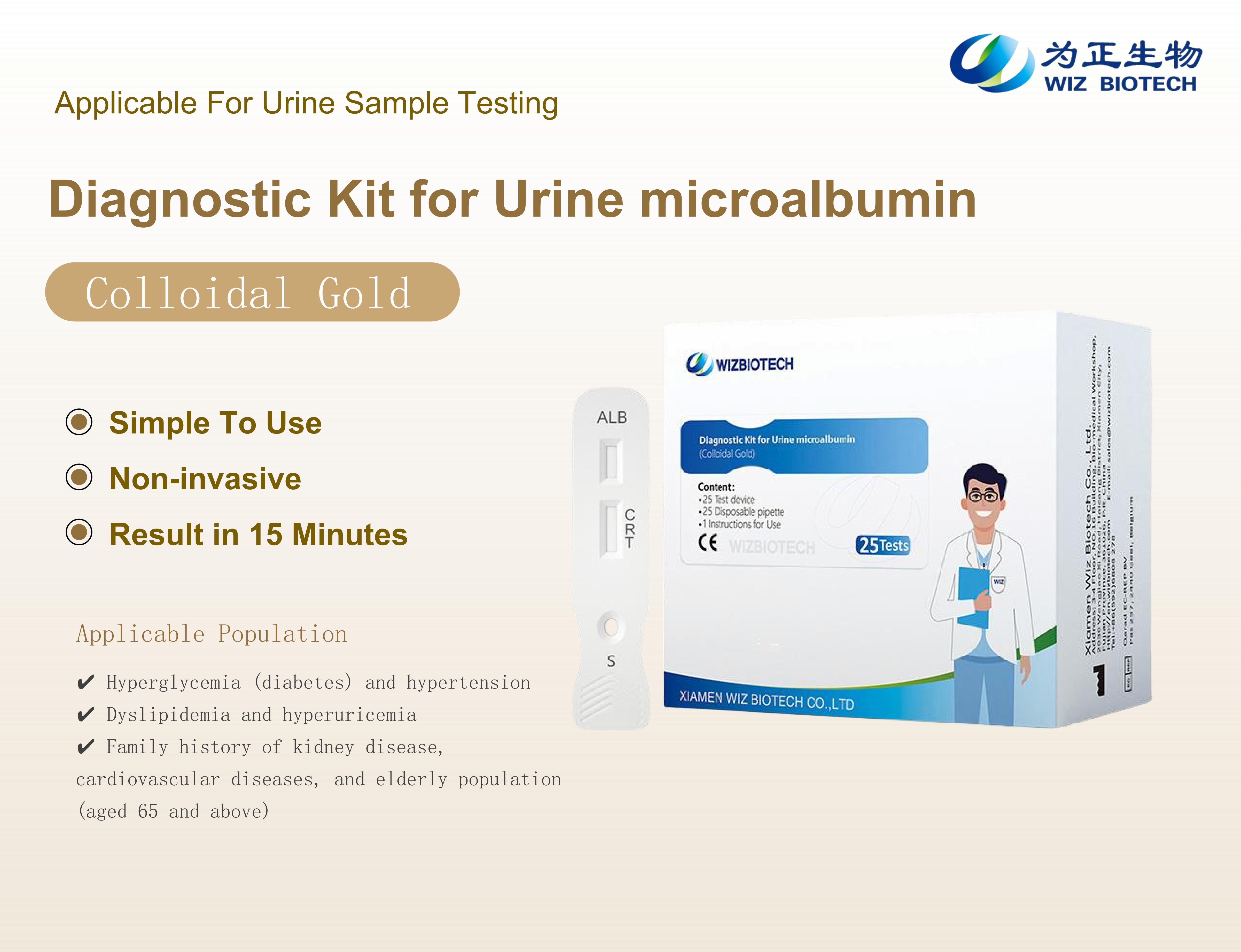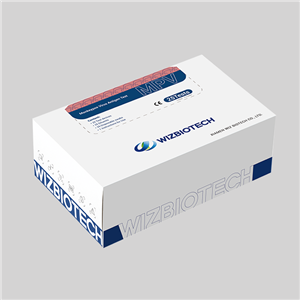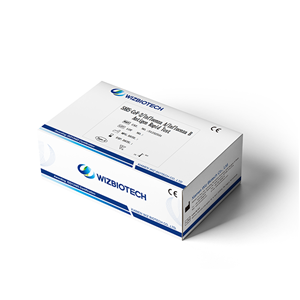Knowing Kidney Health: Prevention and Management of Kidney Failure
Kidney disease often presents with no obvious symptoms in its early stages, and by the time it is detected, it is often too late. Would you like to know how to protect your kidneys and avoid the threat of kidney failure?
Kidney Failure
Kidney Function: The kidneys perform several essential functions: they produce urine, maintain fluid balance, eliminate metabolic waste products and toxic substances, regulate the body’s acid-base balance, secrete or synthesize certain substances, and modulate physiological functions.
What is Kidney Failure: kidney failure occurs when kidney function is impaired, referred to as acute kidney injury (AKI) or chronic kidney disease (CKD). If the damage is not well controlled, further deterioration of kidney function may lead to kidney failure, during which the body cannot effectively excrete excess fluid and toxins, resulting in electrolyte imbalances and kidney anemia.
Primary Causes of Kidney Failure: The main causes of kidney failure include diabetes, hypertension, and various forms of glomerulonephritis.
Early Symptoms of Kidney Failure: Kidney disease often presents with no obvious symptoms in its early stages. Therefore, regular check-ups are the only effective means to ensure kidney health.
Methods for Preventing Kidney Failure
Control Blood Pressure and Blood Sugar
Managing renal or primary hypertension can prevent the progression of glomerulosclerosis. The former primarily involves controlling the high perfusion of the glomeruli, while the latter relies mainly on the use of antihypertensive medications. Regular monitoring of blood glucose levels is also crucial for managing diabetes, as diabetes is one of the major risk factors for renal failure.
Lower Blood Lipids
Correcting lipid metabolism disorders begins with appropriate dietary fat intake, alongside regular physical activity and appropriate caloric intake. When necessary, lipid-lowering medications may also be employed.
Balanced Diet
Numerous experimental studies and clinical observations indicate that a low-protein and/or low-phosphorus diet can slow the progression of chronic kidney disease (CKD) in most patients, and may even temporarily halt its advancement. A low-protein diet or the addition of essential amino acids can alleviate the hyperfiltration state associated with chronic kidney disease and help prevent its progression.
Stop Smoking
According to data from the World Health Organization, smoking increases the risk of hypertension and kidney cancer. It can also interfere with the effectiveness of antihypertensive medications. Poor blood pressure control or management is a significant cause of kidney damage. Smoking reduces blood flow to vital organs, including the kidneys, potentially exacerbating kidney disease. Quitting smoking can help prevent renal failure.
Timely Check-Ups
The kidneys act as our body’s "filter," quietly removing toxins and maintaining health. However, modern lifestyles can overwhelm the kidneys, putting an increasing number of people at risk for renal failure. Early screening and diagnosis are key to treating kidney disease.
Diagnostic Kit for Urine microalbumin (Colloidal Gold) is used for the semi-quantitative detection of microalbumin (Alb) levels in human urine samples, providing valuable assistance in the early diagnosis of renal impairment. This has significant clinical importance in preventing and delaying the progression of diabetic nephropathy.





